WoW Woman in FemTech | Kristina Cahojova, founder and CEO at kegg
Interview by Marija Butkovic @MarijaButkovic
After earning her double business masters degree from CEMS, Kristina Cahojova has lived in 9 different countries in 10 years time and has become fluent in 5 languages. She is passionate about international business and entrepreneurship, and it is reflected in kegg’s partnerships across the US, Europe, and Asia. kegg is her second company. Before founding kegg, Kristina worked for usual suspects in tech space like Amazon and eBay. She currently lives in San Francisco with her husband.
Kristina, what is the idea behind your project/product and how did you come up with it?
I was told by a fertility specialist to track my vaginal fluids with my fingers as it is the most accurate way to know when you are fertile. I was shocked that this is the state of the art. Today we have drones, autonomous cars, and yet, women are still being told to use their fingers to access their fertile window.
The only alternative were LH tests, which can’t tell you the full fertile window either. So I did some digging online and found a huge metal probe (20 inches long) connected to a small computer with cables, which could read your vagina fluids for you. It looked scary!
It is sad to see that we’ve put so much innovation into IUDs (some of which artificially alter cervical mucus, so we won’t get pregnant) and not into a product that could read those natural changes so we’d know how and when women are fertile.
Many women just want to know when fertile cervical mucus is present to abstain/use a condom in those days (this is one of the fertility awareness-based methods). Long-term hormonal birth control is the largest uncontrolled medical experiment done on women. If we can find an evidence-based, safe, and natural contraception method, we should devote our time towards making that accessible to all women.
I believe that kegg will be the most loved and sexy product for women to accurately track their fertility.
When did all start and do you have other members in your team?
kegg was founded two years ago in 2017, and we have a team of 6 people now. We are starting our sales next month.
How long did it take you to be where you are now?
It all started thanks to HAX (SOSV backed accelerator) who invited me to join their accelerator program. They have been the best early-stage investor that I could have asked for. They helped me to create the first prototypes for clinical trials, provided resources, and most importantly, leading experts from hardware/firmware/mechanical and production.
What was the biggest obstacle?
Initial funding was the biggest obstacle for us. We have a huge vision - replace artificial birth control and give women deep fertility data so everyone can conceive easily and get help from fertility professionals remotely. Nevertheless, the product we’re selling vibrates and goes into a vagina, and this concept has been hard to swallow for many VCs. Nevertheless, we have found the right partners and we are finally ready to launch.
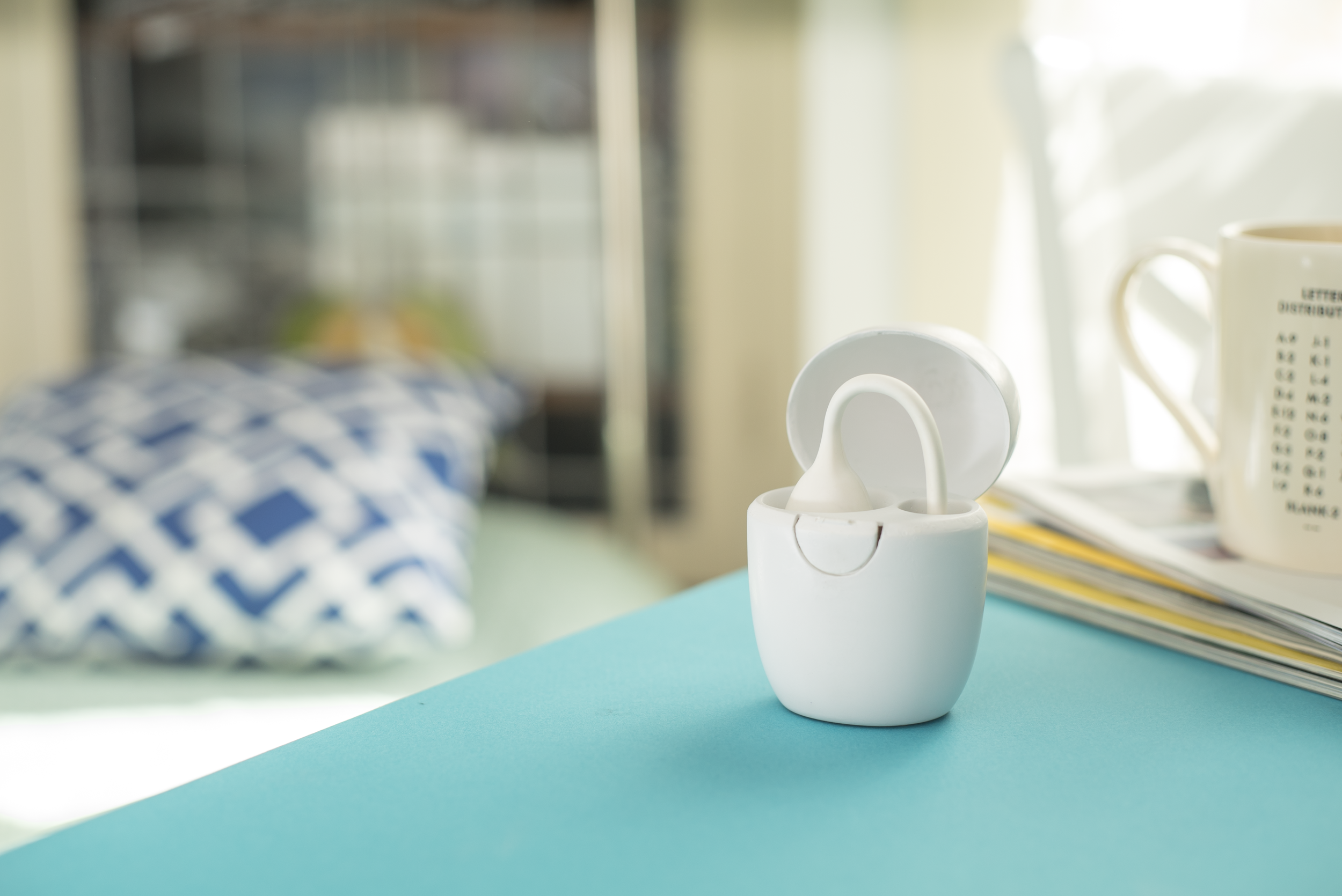
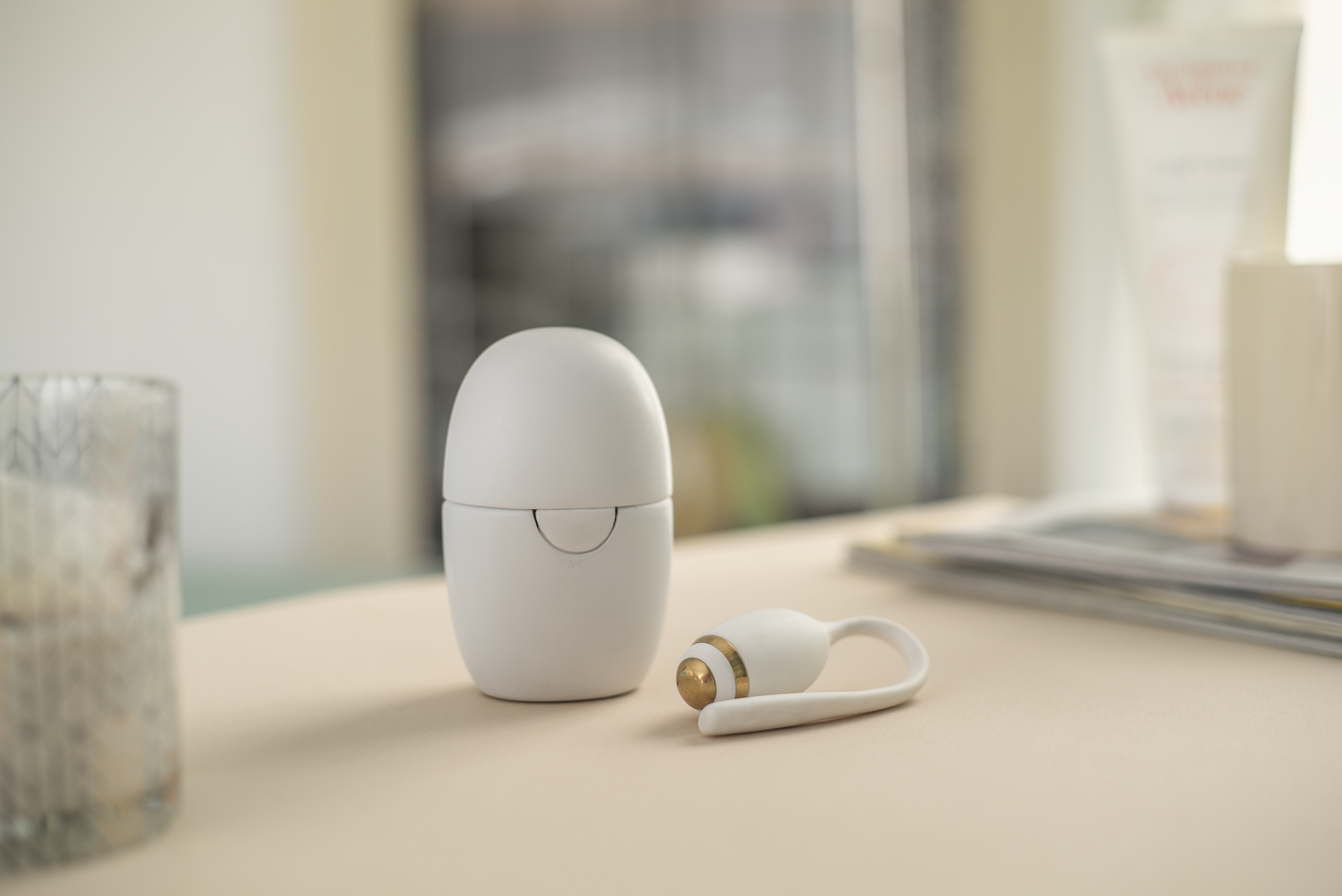
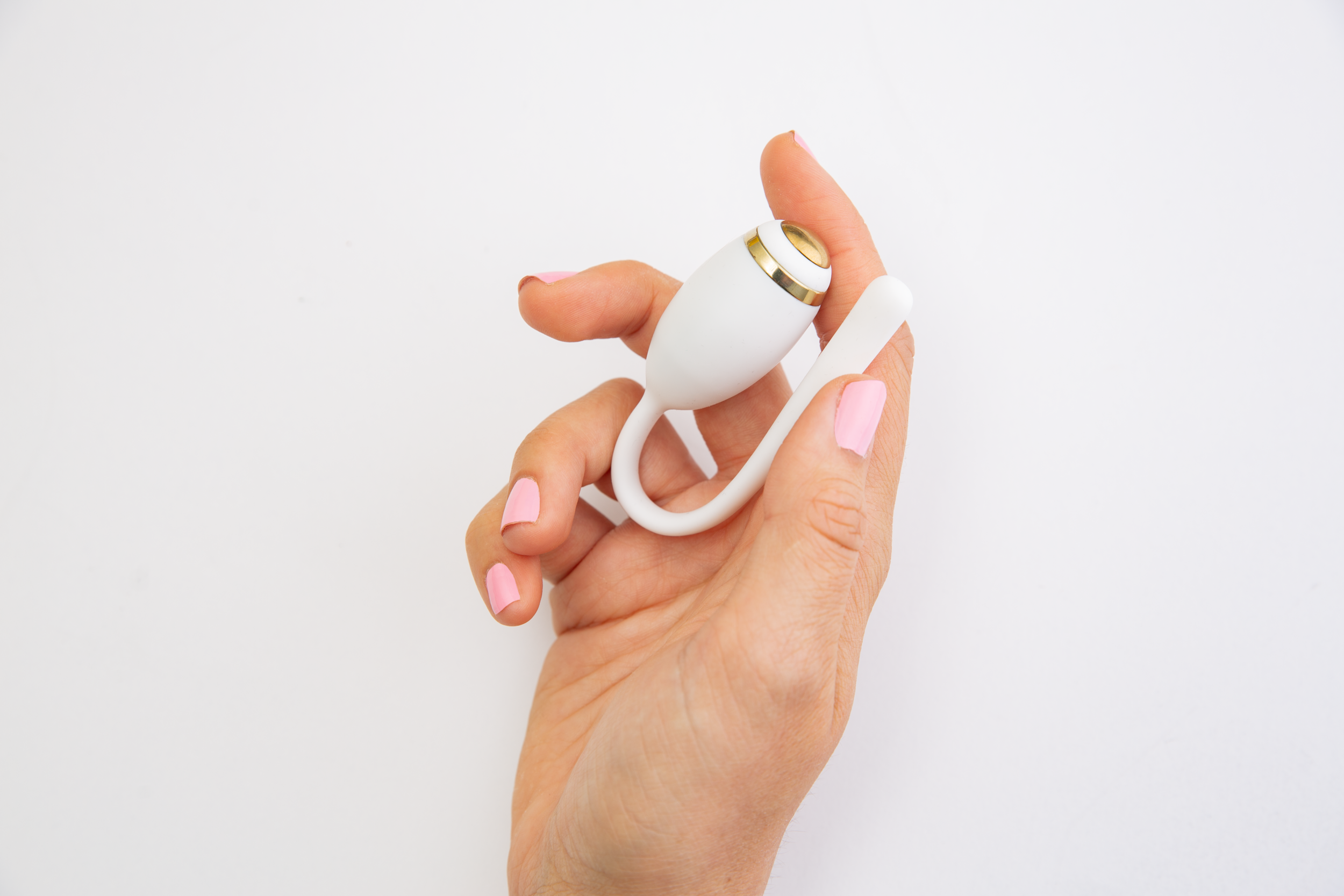
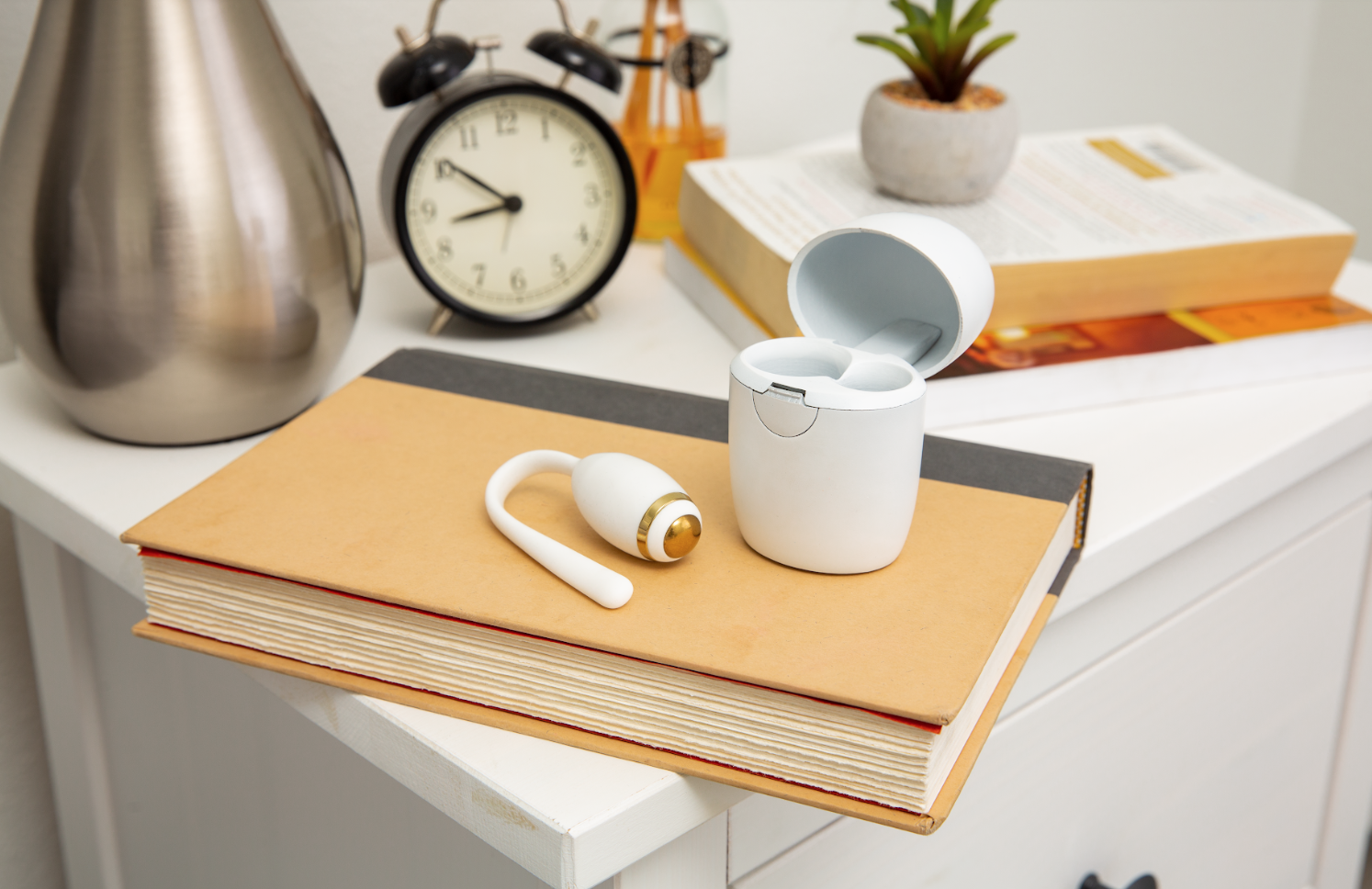
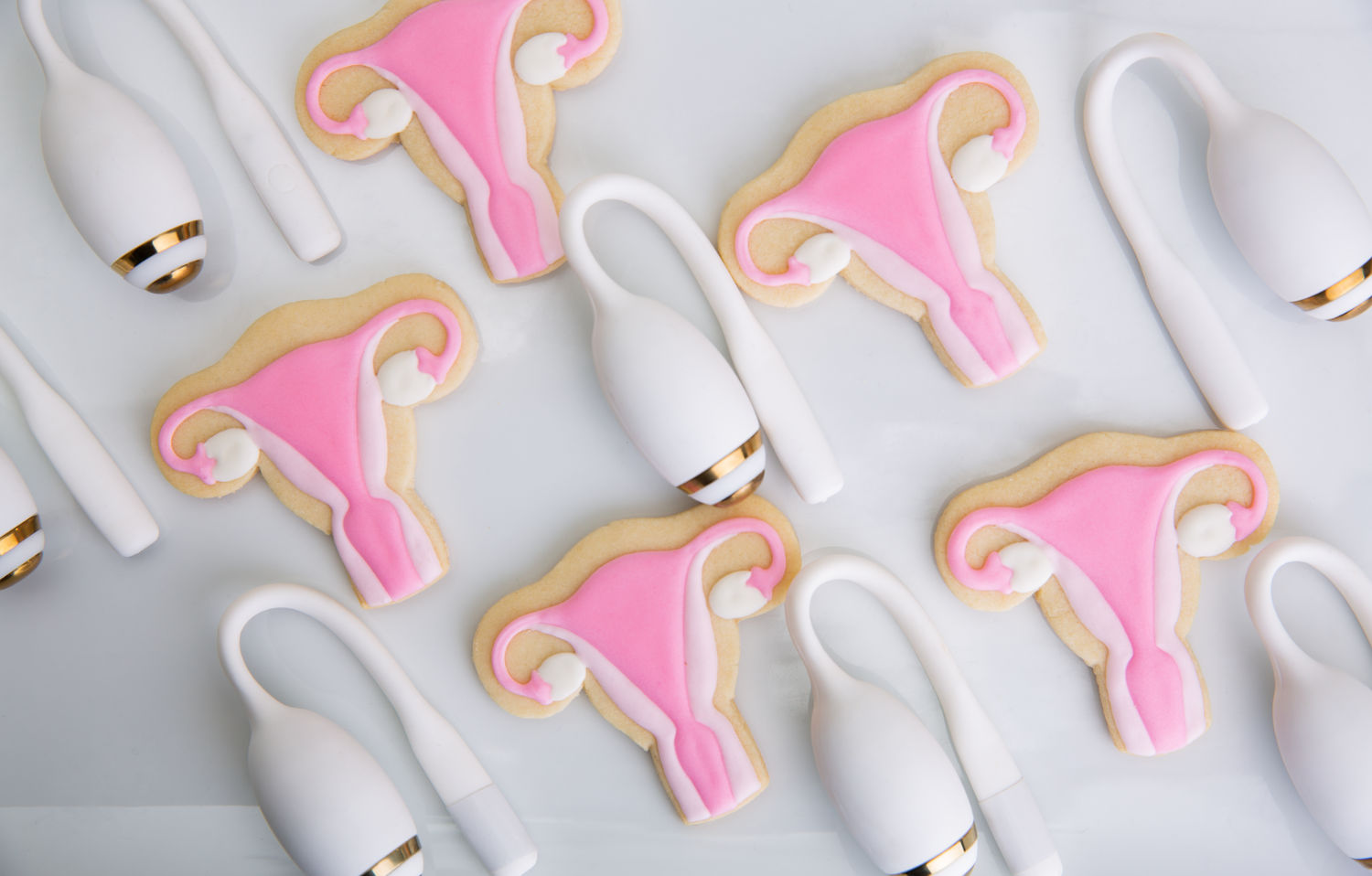
What are your biggest achievements to date?
Our pre-seed round, our participation at TechCrunch Disrupt in 2018, and receiving the TrendForward award at CES 2019 have been rewarding milestones for us.
Nevertheless, what I value the most are the positive reactions we get from women in our Beta program.
What are the challenges of being an entrepreneur in the niche you are in? How about being a female founder/entrepreneur?
Since when women are niche? Women want accurate information about their bodies - whether for conception, pregnancy avoidance or menopause management. They also want to have fit vaginas (kegg is not just a fertility tracker — it doubles as a vibration motor so it guides you on how to squeeze while it is takes your measurements. Useful and fun.)
I believe that in 10 years time, being on the pill will be so unpopular like smoking is today. Women trying to conceive will be able to optimize for conception before it is too late, and women on menopause will be able to manage their symptoms based on real-time data. We hope to deliver these solutions to women through a wearable that is small and sexy.
In Silicon Valley, one sad truth is that women are judged based on what they have achieved, not on the potential of their work. Therefore, we have to work twice or three-times harder than men to get noticed. Nevertheless, when you are driven for the cause you are solving, you will always find a way.
What are the projects you are currently working on?
We're launching our Kickstarter campaign in a couple of weeks! The team and I have been pulling our efforts together to make this a successful campaign. This campaign is my main focus right now. If you’re interested in backing us, you can reserve your kegg at a discounted price and we’ll send you an email announcing when we go live.
Is #WomenInTech movement important to you and if yes, why?
The #WomenInTech movement means a lot to me because there is a lack of really great products for women. Men can't truly understand women issues because they can’t experience them. When there’s a lack of female entrepreneurs addressing women’s health pain points, we get what we have now, which is women having to track their cervical mucus with their bare fingers (after getting home by their autopilot car). We need more women in tech working on amazing products for women. If guys could conceive and deliver a baby, we would have self-driving strollers, pain-free & blood free period technology and of course, birth-control without side effects.
What is the most important piece of advice you can give to all female founders and female entrepreneurs out there?
You’ve got to show, not tell — like most things in life, women have it tougher than men. Same goes for the startup / Femtech industry. Expect certain things can be tougher for female entrepreneurs and you will have to prove yourself every step of the way.
Who are your 3 inspirational women in health tech?
The first woman that comes to mind is Karen Drexler, the Co-founder of Sandstone Diagnostics. She and her team have created the Trak Male Fertility Testing System, which allows men to test their fertility right at home, for an affordable cost, and has been named the #1 Best Selling New Fertility Device on Amazon. Drexler is ambitious and incredibly smart, and she's solving such an underrated problem that is, male infertility.
Alex Fine, the Co-founder of Dame products is another lady I highly look up to. Dame created Eva, a wearable couples' vibrator. As a female entrepreneur in frowned-upon space, Alex had to push hard to make the company profitable. She did succeed.
A woman that I admire and would love to get to know is Molly Hayward, the Co-founder of Cora. I love Cora's period products and everything that the company stands for. They integrated the social impact part of their business right from the beginning, and now they're empowering women and providing girls education through providing quality period products.
Social media handles: Instagram and Twitter — @kegg_tech
This interview was conducted by Marija Butkovic, Digital Marketing and PR strategist, founder and CEO of Women of Wearables. She regularly writes and speaks on topics of wearable tech, fashion tech, IoT, entrepreneurship and diversity. Visit marijabutkovic.co.uk or follow Marija on Twitter @MarijaButkovic.


